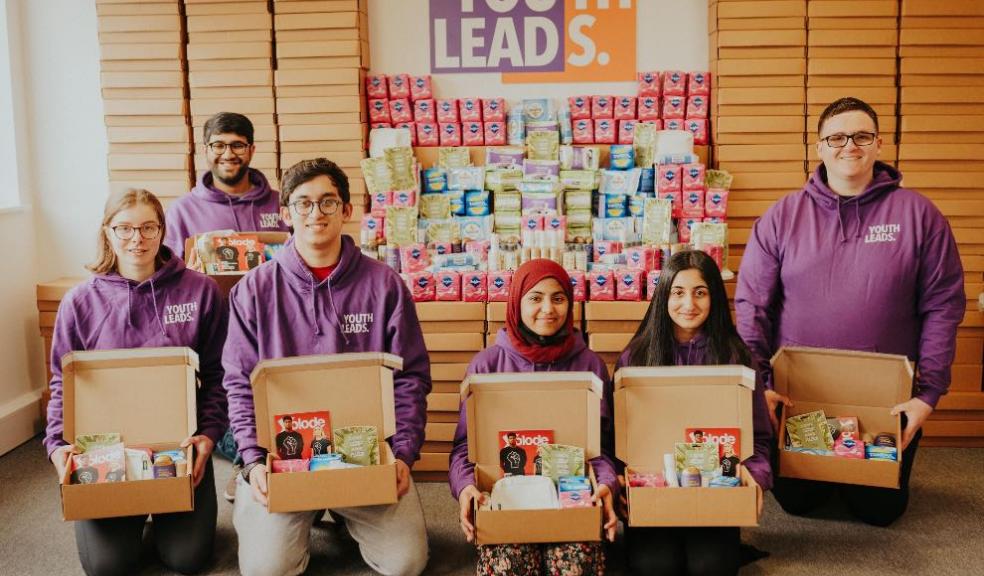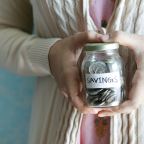
How a grop of young people are tackling period poverty
Free self-care packs and survey launched to tackle stigma
A group of young people are tackling period poverty by giving 12-19-year-olds the chance to tell decision-makers what a world where everyone can Be Period Proud looks like. They’re also providing free self-care packs to those who need them.
The group is made up of volunteers at Bolton-based charity Youth Leads UK who want to highlight the impact of period poverty on education and mental health and provide practical actions to decision-makers.
The campaign comes as only 40% of schools and colleges have signed up to the government scheme offering free period products, and young people have found it challenging to speak up if they’re having trouble accessing period products.
The Be Period Proud campaign is looking for people who experience periods to fill in the survey at youthleads.uk/bpp to find out what they think about accessing period products and the stigma on talking about periods.
Emma Fletcher, 21, said: “It’s not right that girls miss school or seeing their friends because they can’t afford period products. This survey will help us understand how we can help create a world where we can Be Period Proud.”
The young people behind the Be Period Proud campaign will take the survey results to key decision-makers such as headteachers and politicians, including the Mayor of Greater Manchester and the Minister for Women and Equalities.
Youth Leads UK is also providing free self-care packages to those in need. Included in the packs will be disposable sanitary pads, tampons and other self-care items chosen by our young people, such as shampoo, conditioner and deodorant.
Saeed Atcha MBE DL, CEO of Youth Leads UK, said: “We don’t want a world where young people who experience periods have to worry about affording them. It’s fantastic that the government now provides free products, but the take-up isn’t there, and we need to encourage it. We’re also hearing that young people are understandably not comfortable in asking for the products. Our volunteers want to find out why to recommend improvements in the long-term and provide self-care packs to help in the short term. This is wonderful social action.”












